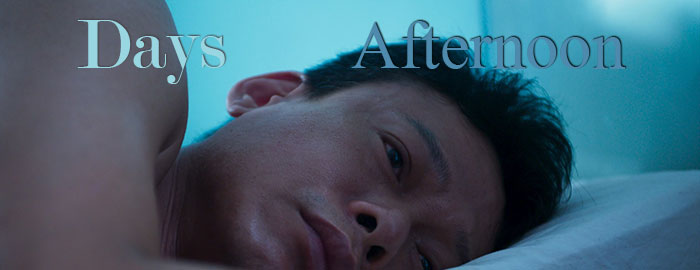
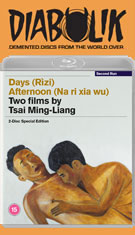

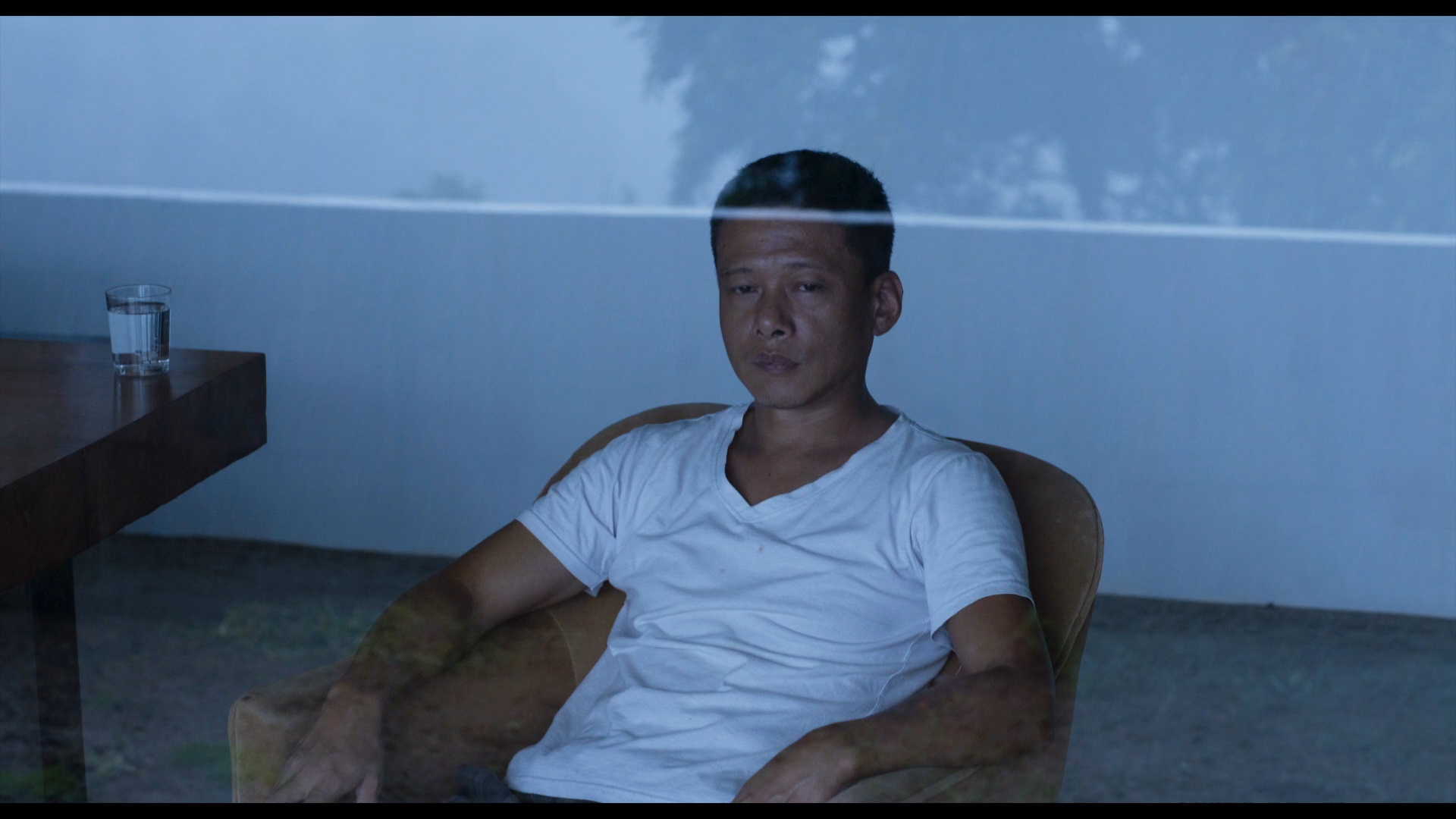 slow and hypnotic international art film favorites like Goodbye, Dragon Inn, Vive l'amour, and
slow and hypnotic international art film favorites like Goodbye, Dragon Inn, Vive l'amour, and 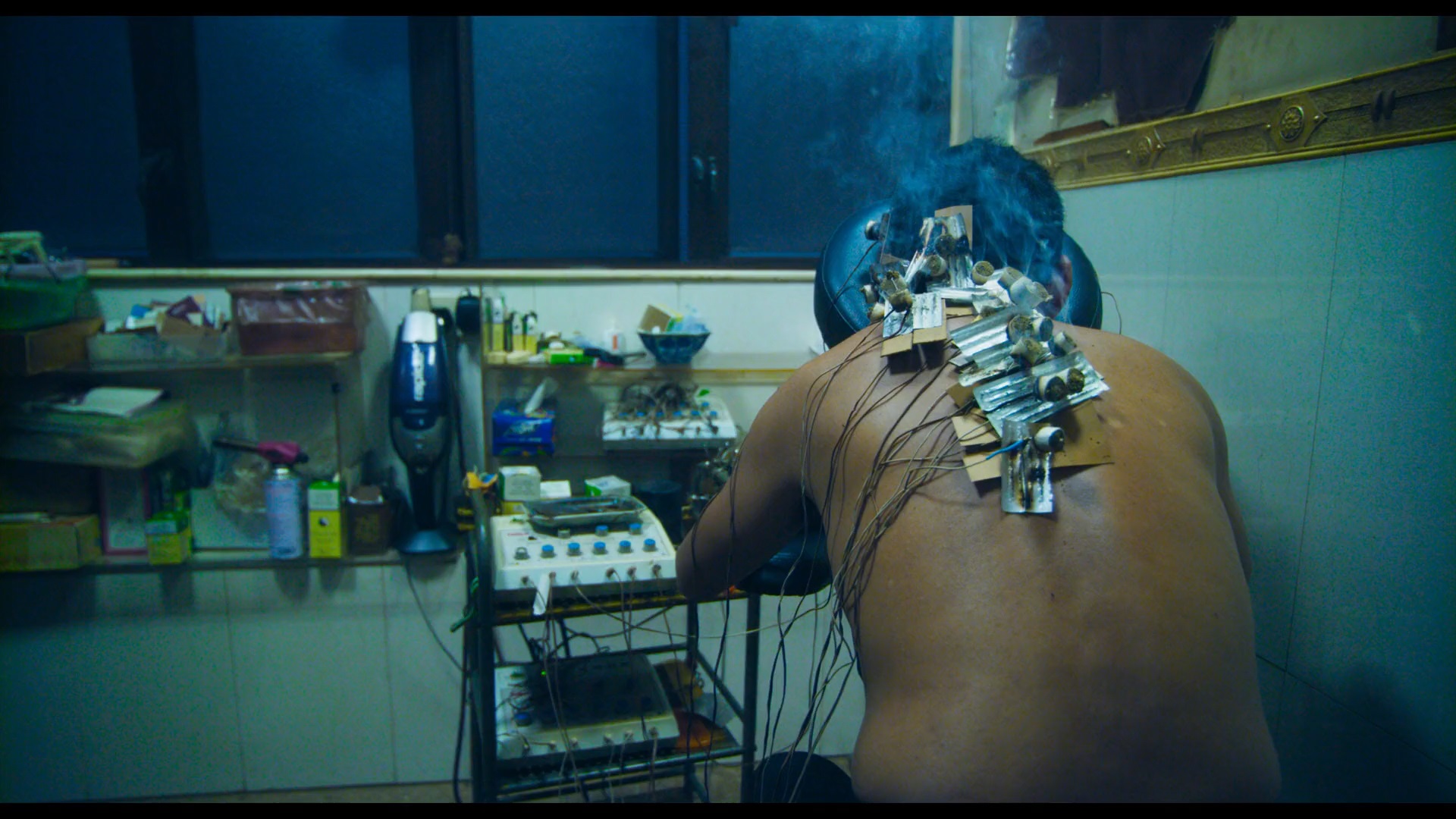 The Wayward Cloud, Taiwan-based filmmaker Tsai Ming-Liang has built up a substantial if not extremely prolific career with his trademark long, meditative takes and the use of actor Lee Kang-Sheng in all of his projects. After 2013, he shifted to an unscripted approach including his art installation projects and films nurtured out of what was happening in the vicinity around him. Two of those features can be found in the 2024 U.K. Blu-ray double feature from Second Run, both with Lee in what amounts to a fly on the wall examination of the lyricism in day-to-day life.
The Wayward Cloud, Taiwan-based filmmaker Tsai Ming-Liang has built up a substantial if not extremely prolific career with his trademark long, meditative takes and the use of actor Lee Kang-Sheng in all of his projects. After 2013, he shifted to an unscripted approach including his art installation projects and films nurtured out of what was happening in the vicinity around him. Two of those features can be found in the 2024 U.K. Blu-ray double feature from Second Run, both with Lee in what amounts to a fly on the wall examination of the lyricism in day-to-day life.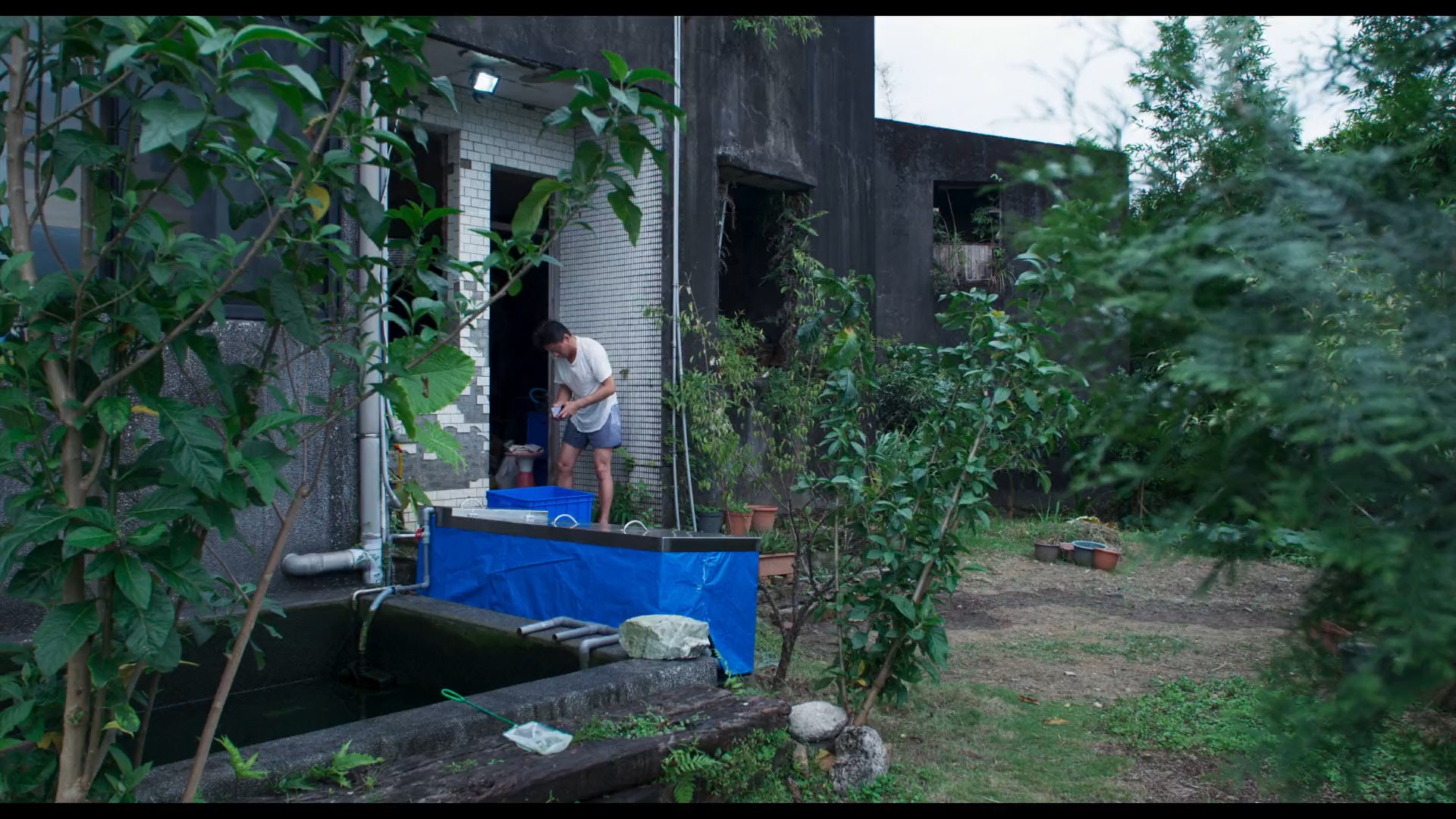 for upper body pain, hires Non for a massage,
for upper body pain, hires Non for a massage,  which leads to a poetic gesture that closes out the film in a wistful note.
which leads to a poetic gesture that closes out the film in a wistful note. 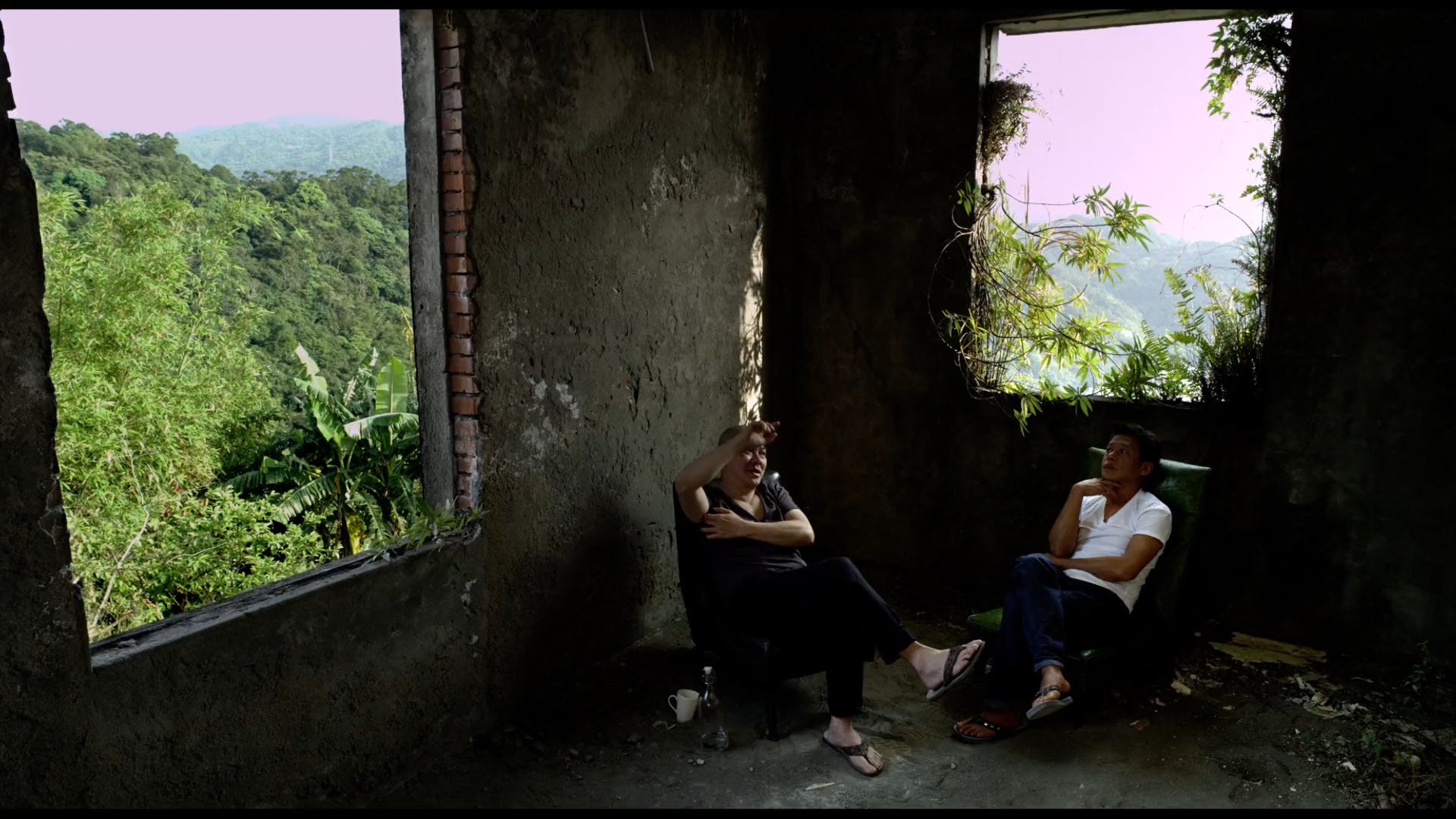 as much as an easy rapport that allows them to change the subject whenever they feel like it.
as much as an easy rapport that allows them to change the subject whenever they feel like it. 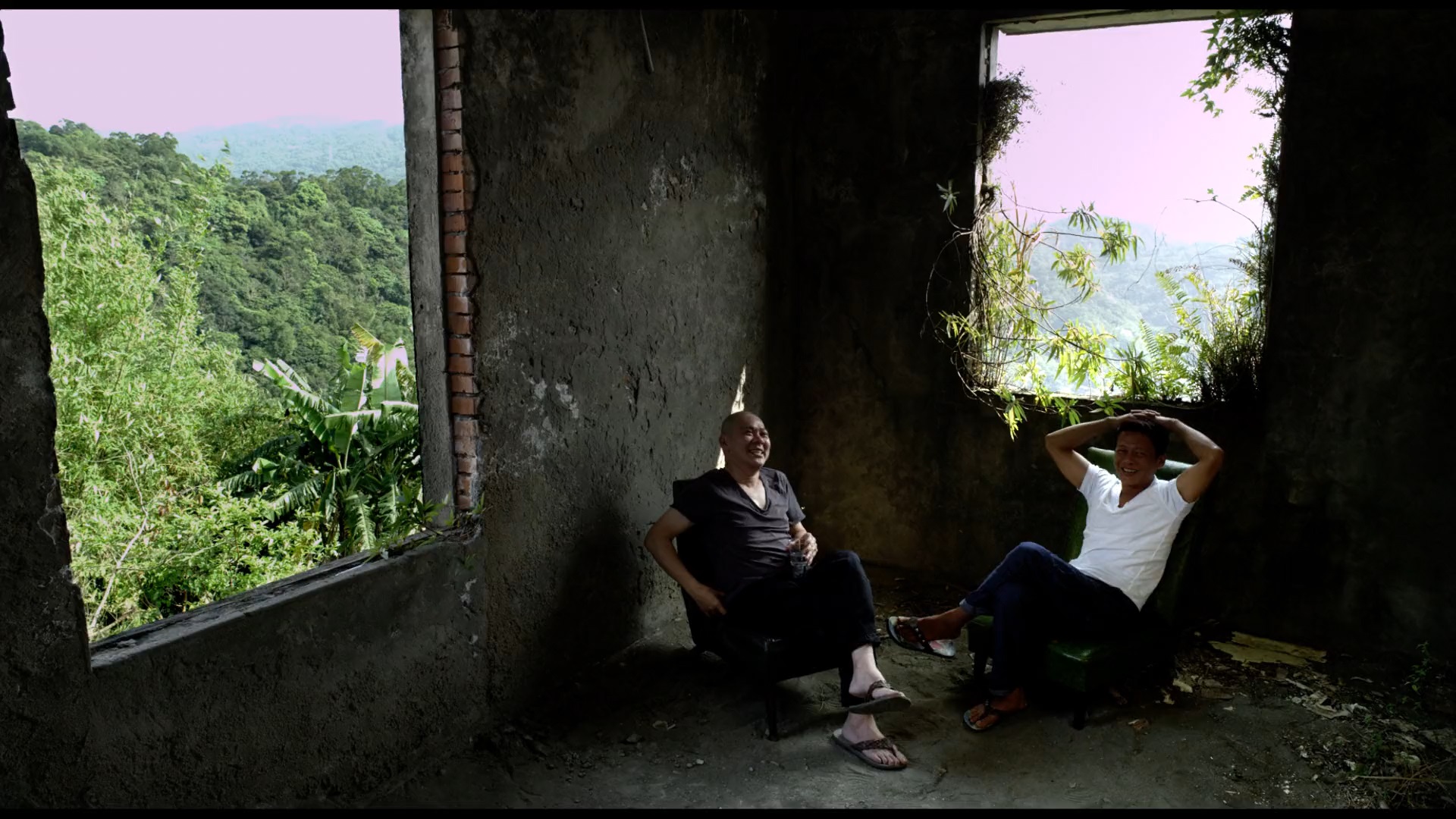 Both films were first released on English-friendly Blu-ray in 2022 in the U.S. from Grasshopper Films, while the U.K. debut makes for a fine presentation with faultless reproductions of both features. Days boasts DTS-HD MA 5.1 and 2.0 Mandarin audio (not much need for subtitles here really, but they are offered), while Afternoon is stereo with subtitles and sounds fine given how minimal the mix is. A 2001 interview with Ming-Liang (26m56s) covers the film's creation after Stray Dogs, Kang-Sheng's sudden illness that signified his permanent break with the youthful actor from before, and the free-form process of building the film through mundane filming procedures. 2021's Wandering (34m25s) is a dreamy short capturing solo spectators, including the director himself, at one of his art installation projects, "Walkers." "Days Passed" (3m18s) is a sort of visual essay about Kang-Sheng as captured in numerous projects by the director, followed by two teasers and two trailers. On the second disc you get a trailer and a lengthy, very warm festival Q&A between Ming-Liang and Tony Rayns (78m27s) who cover the record-breaking union between director and actor, the themes of his films, his process of paring a feature from the materials of real life, and the reactions he hopes to instill in his viewers. An insert booklet features an essay by So Mayer focusing on Days and its slippery depiction of time, its place in the director's filmography, and the implications of its use of sex work as part of the narrative. Incidentally, the package comes with a 15 rating for "strong sex," which seems awfully harsh given what's actually in the first film.
Both films were first released on English-friendly Blu-ray in 2022 in the U.S. from Grasshopper Films, while the U.K. debut makes for a fine presentation with faultless reproductions of both features. Days boasts DTS-HD MA 5.1 and 2.0 Mandarin audio (not much need for subtitles here really, but they are offered), while Afternoon is stereo with subtitles and sounds fine given how minimal the mix is. A 2001 interview with Ming-Liang (26m56s) covers the film's creation after Stray Dogs, Kang-Sheng's sudden illness that signified his permanent break with the youthful actor from before, and the free-form process of building the film through mundane filming procedures. 2021's Wandering (34m25s) is a dreamy short capturing solo spectators, including the director himself, at one of his art installation projects, "Walkers." "Days Passed" (3m18s) is a sort of visual essay about Kang-Sheng as captured in numerous projects by the director, followed by two teasers and two trailers. On the second disc you get a trailer and a lengthy, very warm festival Q&A between Ming-Liang and Tony Rayns (78m27s) who cover the record-breaking union between director and actor, the themes of his films, his process of paring a feature from the materials of real life, and the reactions he hopes to instill in his viewers. An insert booklet features an essay by So Mayer focusing on Days and its slippery depiction of time, its place in the director's filmography, and the implications of its use of sex work as part of the narrative. Incidentally, the package comes with a 15 rating for "strong sex," which seems awfully harsh given what's actually in the first film. ![]()